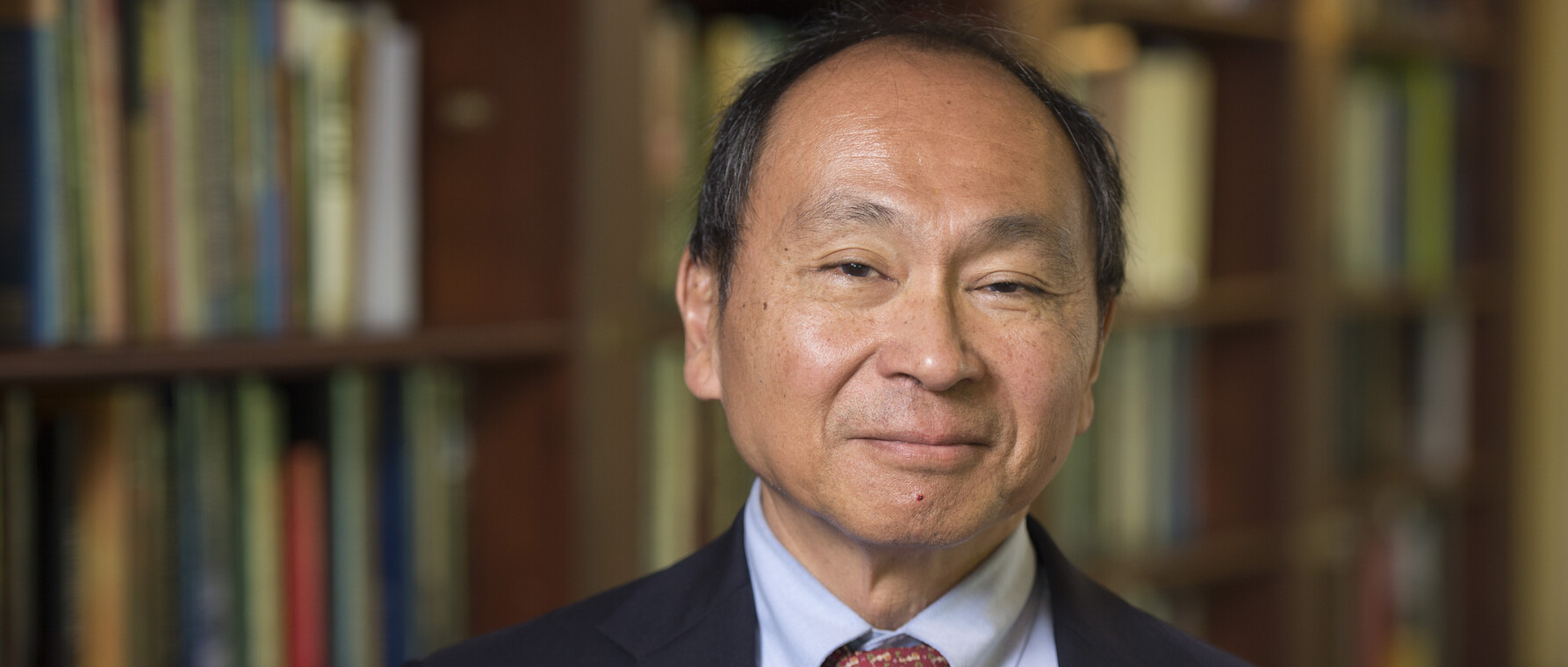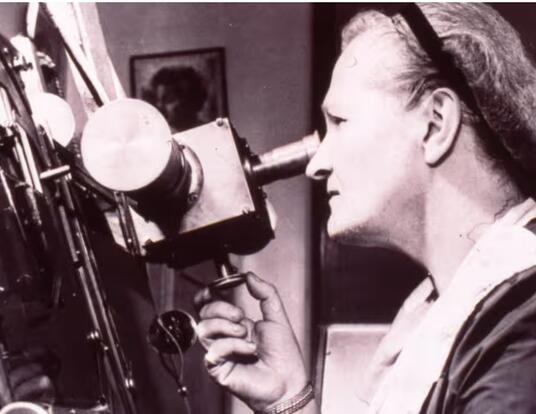Beyond ‘The End of History’
Harvard Griffin GSAS Voices: Francis Fukuyama, PhD ’81

Francis Fukuyama is the Olivier Nomellini Senior Fellow at Stanford University's Freeman Spogli Institute for International Studies (FSI), and a faculty member of FSI's Center on Democracy, Development and the Rule of Law (CDDRL). A scholar of democracy and state-building, Fukuyama discusses his book, The End of History and the Last Man, the importance of political institutions, and how his research focus shifted after the fall of the Soviet Union.
State of Decay
I wrote The End of History and the Last Man in the early 1990s. It covered the course of global politics and argued that liberal democracy may become a final form of government. At that point we were midway through a third wave of democratization, when the number of democracies went up to almost 120 in 2008; the number has been declining since then. If I were to write it now, I would include what I’ve learned about state-building, with which I became preoccupied after the Iraq War.
When investigating state-building, I wrote a two-volume series which I view as an updated version of Samuel Huntington’s classic text, Political Order and Changing Society. These volumes, called The Origins of Political Order and Political Order and Political Decay, talked about three basic political institutions that are key to a modern liberal democracy.
The first institution is a modern state. When I was writing The End of History, I did not realize the modern state—one that is impersonal, in which public officials are oriented towards public interest and not towards their private benefit—was the most difficult to construct given the human proclivity to support friends and family. Few countries have successfully created a modern state. It's very hard to achieve.
Political decay has also become a new concept since I wrote my first book. Back then, I didn’t have a concept of how countries could regress democratically but they can and they do. Hungary, Turkey, Nicaragua, and Venezuela are all countries that have shifted to more authoritarian forms of government. The United States and India elected populist leaders who have challenged the fundamental rule of law—in the case of the US, by seeking to prevent the peaceful transfer of power after an election in 2020. In fact, I think the United States has been in a state of political decay for the last couple of decades.
The way that you stop this regression is for people to mobilize, get politically active, and push back against these trends. There are a lot of people in this country who can’t be bothered to vote on Election Day. You can’t defend democracy unless you have enough citizens willing to participate.
The Need for Talented Bureaucrats
As a PhD student, I originally wanted to study political theory with Professor Harvey Mansfield. During my studies, though, I realized I hadn’t done anything policy-related. I became interested in national security and by the time I was ready to do a PhD I decided to focus on Soviet foreign policy, which I did for the first ten years of my academic career. Then in 1991, the Soviet Union disappeared and so did my research topic!
One of the driving concerns for my work since then has been democracy. I think that liberal democracy remains the best political system, and defending it is a big concern of mine. State-building is another. I think Americans don’t like the state. They don’t like bureaucracy and government. And that’s an issue because we have problems within the state. The average age of the federal workforce is close to retirement age because young people are not interested in going into government service. A very small number are under the age of 30, meaning that the government lacks tech-savvy workers.
I have also spent time thinking about how democratic leaders need to interact positively with a permanent bureaucracy. Many advanced democracies in Europe and Asia have strong bureaucracies and a citizenry that has some respect for public service—Germany, Britain, Japan, South Korea, and Denmark to name a handful. Young people seek careers in government service, and the state can draw on the talents of a wide range of people. In Canada, the head of the office regulating public-private partnerships, part of the finance ministry, pays its director over $1 million per year to attract the best talent. Singapore is famous for the quality of its bureaucrats and supports them with salaries that are competitive with those in the private sector. This kind of talent is critical in the public sector—and a big issue for developing nations. I believe that countries remain poor due to bad governments that can’t deliver basic services or security, or stable structures like the rule of law necessary for economic growth.
Banner photo by Tony Rinaldo.
Get the Latest Updates
Join Our Newsletter
Subscribe to Colloquy Podcast
Simplecast





